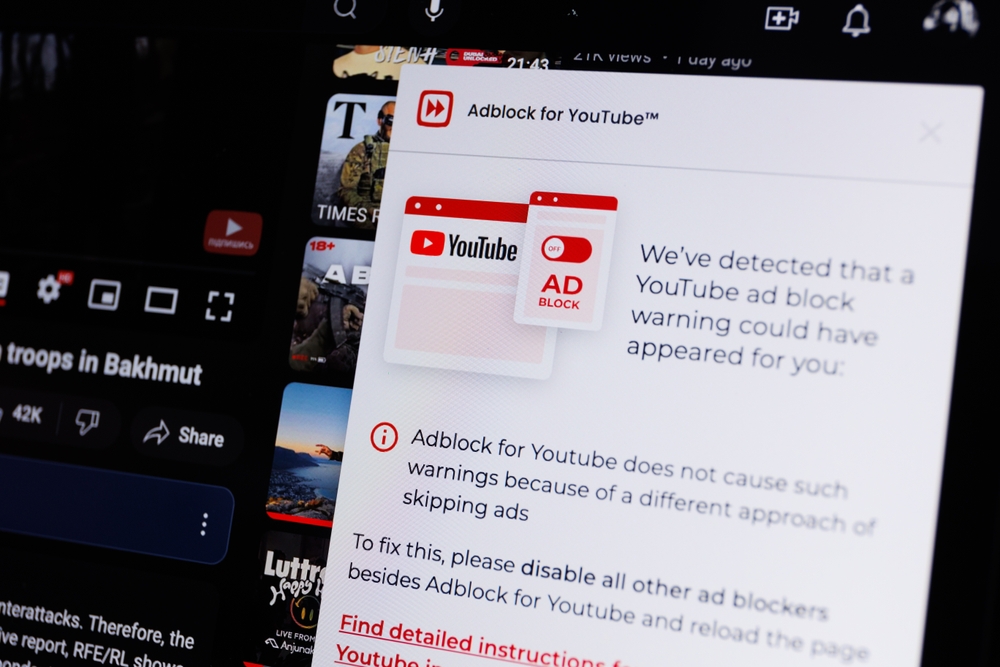While efficiency is a critical concept in modern technology, Google seems to prioritize security and control.
Others are reading now
Google Chrome continues to innovate in extension technology, but recent changes have sparked concerns among developers. Google has introduced significant modifications that will affect the functionality of current extensions, requiring nearly complete overhauls without guarantees that all existing features will be preserved.
Hinder Functionality of Ad-Blocking
While efficiency is a critical concept in modern technology, Google seems to prioritize security and control.
The transition from Manifest V2 to V3 is justified by Google as a necessity to enhance the security of Chrome extensions. However, these changes have stirred controversy and intense discussions, as many of the new format’s limitations appear hard to justify.
Critics accuse Google of designing Manifest V3 to hinder the functionality of ad-blocking extensions like Adblock and uBlock Origin.
Also read
The new format restricts the number of parameters that can be addressed in web pages, meaning these extensions will no longer be able to block ads effectively, offering only limited functionalities.
Started Warning Users
Since June 2024, Google has started displaying warning messages to Chrome users who use extensions based on Manifest V2. These messages inform users that they have one year to find alternatives, as support for V2 extensions will be completely withdrawn by June 2025.
For those unwilling to abandon their V2 extensions, there is some good news. Mozilla has confirmed that it does not intend to withdraw support for Manifest V2 extensions from its Firefox browser. Thus, users who do not wish to comply with Google’s new rules can find refuge in this rival browser.
Google’s emphasis on security with Manifest V3 is clear, but the impact on extension developers and users is significant. As the tech community grapples with these changes, the future of Chrome extensions remains uncertain, with many looking to Firefox as a potential haven for the functionalities they depend on.


